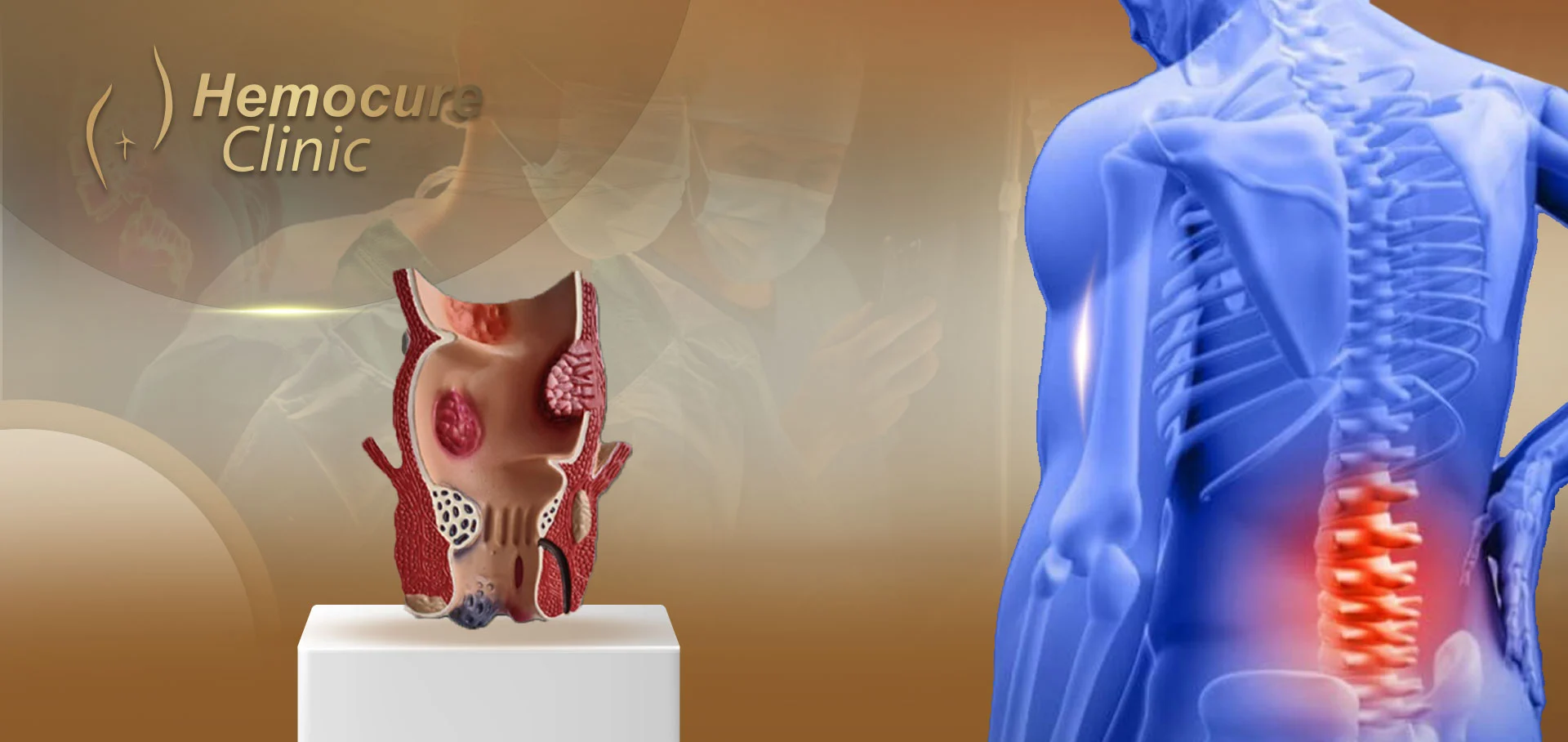Can an Anal Fissure Cause Bleeding? And When Should You Be Concerned?

Anal fissures are a common problem many people suffer from, but unfortunately, it's often one of the conditions we delay treating, either due to embarrassment or complacency.
However, a question that frequently comes up is:
"Can a fissure cause bleeding? And when is bleeding dangerous?"
Let's answer simply and clearly.
First: What is an Anal Fissure?
An anal fissure is a small wound or tear in the lining of the anal canal, which occurs due to the passage of hard stool or chronic constipation. In some cases, it can also happen due to chronic diarrhea or after natural childbirth in women.
Can a Fissure Really Cause Bleeding?
The answer is: Yes.
In most cases, an anal fissure is accompanied by slight bleeding during or after a bowel movement.
The blood that appears is usually bright red and is visible on the surface of the stool or on toilet paper. This is normal and occurs due to the friction of stool against the fissure.
However, what we need to pay attention to is the amount and persistence of the blood.
When Is Bleeding Concerning?
In certain situations, you must see a doctor immediately:
-
If the amount of blood significantly and alarmingly increases.
-
If the bleeding continues for days without any improvement.
-
If blood starts to come out on its own, even without a bowel movement.
-
If other symptoms begin to appear, such as: dizziness, weakness, sudden collapse, or rapid heart rate.
-
If the bleeding returns after a period of improvement.
The Golden Rule:
Any recurrent or heavy anal bleeding must be checked immediately, because not all bleeding is caused by a fissure.
Is There a Difference Between Fissure Bleeding and Hemorrhoid Bleeding?
Yes.
Although the blood in both cases is bright red, consider these distinctions:
-
A fissure is accompanied by severe, burning pain during bowel movements.
-
Hemorrhoids can be painless, especially if they are internal, and the blood is usually more profuse but without the burning or intense pain associated with a fissure.
Does Every Fissure Patient Need Surgery?
Not always.
In many cases, conservative treatment is sufficient:
-
Treating constipation.
-
Using topical creams to relieve pain and speed wound healing.
-
Daily warm water baths (Sitz Bath).
-
Improving eating habits and increasing water intake.
However, if the fissure becomes chronic (lasting more than 6 weeks) or becomes very painful and doesn't improve...
Then surgical intervention or laser treatment becomes the solution.
Hemocure's Advice:
An anal fissure isn't just a minor pain...
If neglected, it can turn into a troublesome chronic condition and cause greater complications like an anal fistula.
Therefore, if you suffer from pain, burning, or bleeding after a bowel movement,
Don't delay seeing a doctor.
Correct diagnosis from the start saves you time, effort, and suffering.
Article Summary –
An anal fissure is a tear in the lining of the anus that causes pain and slight bleeding during bowel movements. The bleeding is often bright red and is not concerning if it is light and temporary.
However, if the amount increases, persists, or appears without a bowel movement, it is advisable to see a doctor immediately.
Most cases can be treated with conservative methods, but chronic or severe cases may require surgical intervention or laser treatment.
The most important message: Do not ignore symptoms, and seek appropriate medical diagnosis to avoid complications.
 English
English
 العربية
العربية

Add New Comment